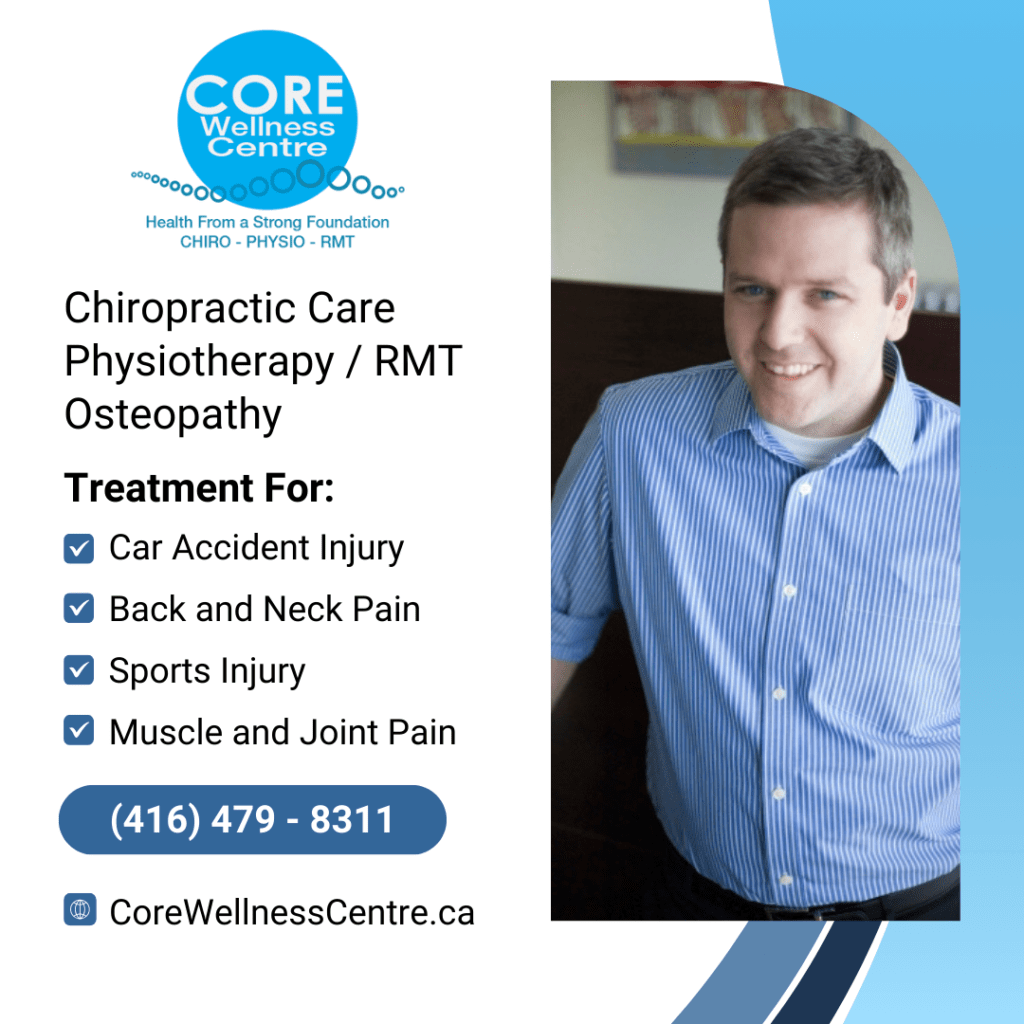Car accidents can be traumatic experiences, both physically and emotionally and recognizing symptoms after a car accident is crucial for seeking timely attention.
Even if the collision seems minor, it can lead to various symptoms that may not be immediately noticeable. If you have been in a car accident, here are potential symptoms of whiplash.
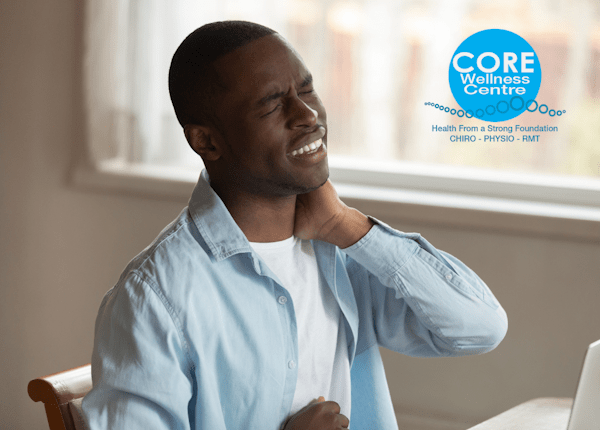
Neck Pain and Whiplash Injuries After a Car Crash
Whiplash is one of the most common injuries sustained in car accidents, especially rear-end collisions and it can manifest in various ways.
Whiplash is used to describe neck pain following an injury to the soft tissues of your neck (ligaments, tendons, and muscles) and onset of whiplash symptoms can vary from person to person, with some individuals noticing immediate pain while others may not experience symptoms until hours or even days later.
Whiplash can leave individuals feeling achy and stiff, affecting their ability to move their neck comfortably. It is caused by an abnormal motion or force applied to your neck that causes movement beyond the neck’s normal range of motion and a seatbelt burn on the neck is a common injury in car accidents, caused by friction or pressure from the seatbelt restraining mechanism during sudden stops or collisions.
Headaches After a Car Accident
Headaches are a common complaint following a car accident and can be indicative of various underlying issues, including whiplash. The forceful impact of a collision can cause rapid movement of the head and neck, leading to strain on the muscles and ligaments.
This strain can result in tension headaches, characterized by a dull, achy pain that typically radiates from the base of the skull to the temples. Additionally, individuals may experience migraine-like headaches, characterized by throbbing pain, sensitivity to light and sound and nausea.
Headaches after a car accident may develop immediately or gradually over time, depending on the severity of the injury. It’s essential to seek attention if you experience persistent or worsening headaches after a car accident, as it could be a sign of a more serious underlying condition such as whiplash or a concussion. Early intervention is crucial for effective management and recovery.
Numbness or Tingling
Numbness and tingling down the arms and legs, also known as paresthesia, can also include symptoms such as pain, burning, pricking, or creeping along the skin.
Some individuals may notice numbness or tingling in their arms, indicating nerve involvement, these symptoms generally indicate a malfunction of sensory nerves.
Our car accident chiropractor can examine the spine to check for injuries with digital posture analysis and in-house x-rays if required.
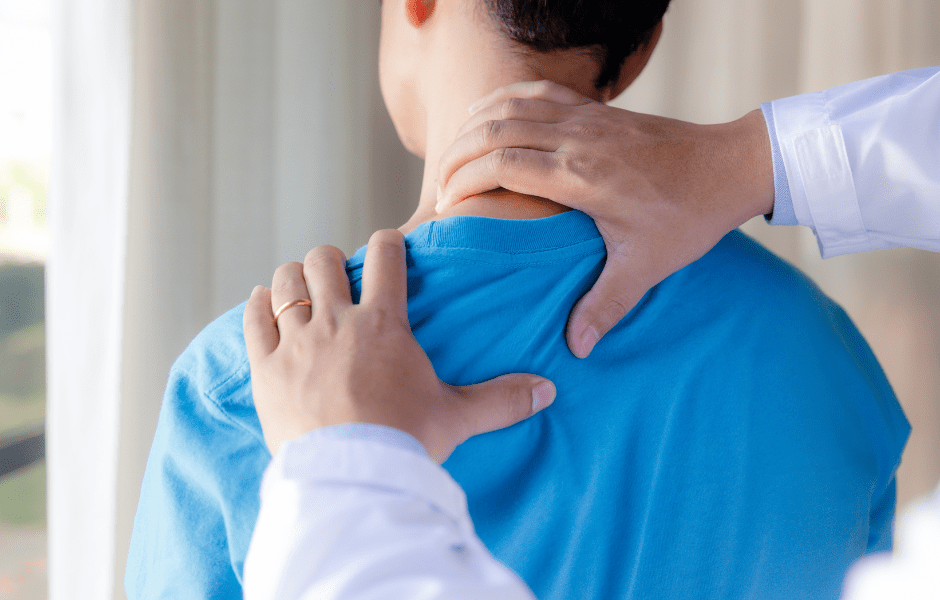
Dizziness and Vertigo After a Car Accident
Whiplash symptoms can also include dizziness and blurred vision, which may arise shortly after the accident or develop gradually over time. It’s important to pay attention to any changes in sensation or movement following a car accident, as these could be indicative of whiplash.
Tinnitus (ringing in the ears) is one form of Vertigo.
Vertigo is a medical term to describe the feeling of spinning, whirling, or motion either of yourself or your surroundings.
Symptoms after a car accident can include vertigo, often resulting from inner ear disturbances or head trauma that disrupts the body’s balance system.
Fatigue
After a concussion can be ruled out then it is safe to rest. Traumatic events can play havoc with your emotions and adrenalin release. When the shock is over you may feel irritable, spacey and tired.
Difficulty Breathing
If you experience difficulty breathing after a car accident, it could be indicative of an injury to the lungs or chest. It is important to see a doctor as soon as possible if you experience this symptom to rule out any serious injuries.
Concussion
A concussion is a mild traumatic brain injury resulting from a blow to the head or violent shaking of the head and body.
Symptoms after a car accident may include headache, dizziness, nausea, confusion, sensitivity to light or noise, and difficulty concentrating.
Muscle Pain and Bruising
Impact during a car accident can cause muscle strains, sprains, and bruising, leading to localized pain, swelling, and tenderness.
Back Pain / Cervical Pain
Back pain is one of the most common symptoms after a car accident, ranging from muscle strains to herniated discs. Persistent back pain, numbness, or tingling sensations in the arms or legs should not be ignored.
The forces created during a high speed car accident are enough to cause fracture and spinal instability which results in pain throughout the back. Refer to a professional for assessment, particularly when lower back pain won’t go away.
Chiropractic treatment takes the pressure off the joints of your spine, calming the nerves and relieving the pain from these symptoms after car accident.
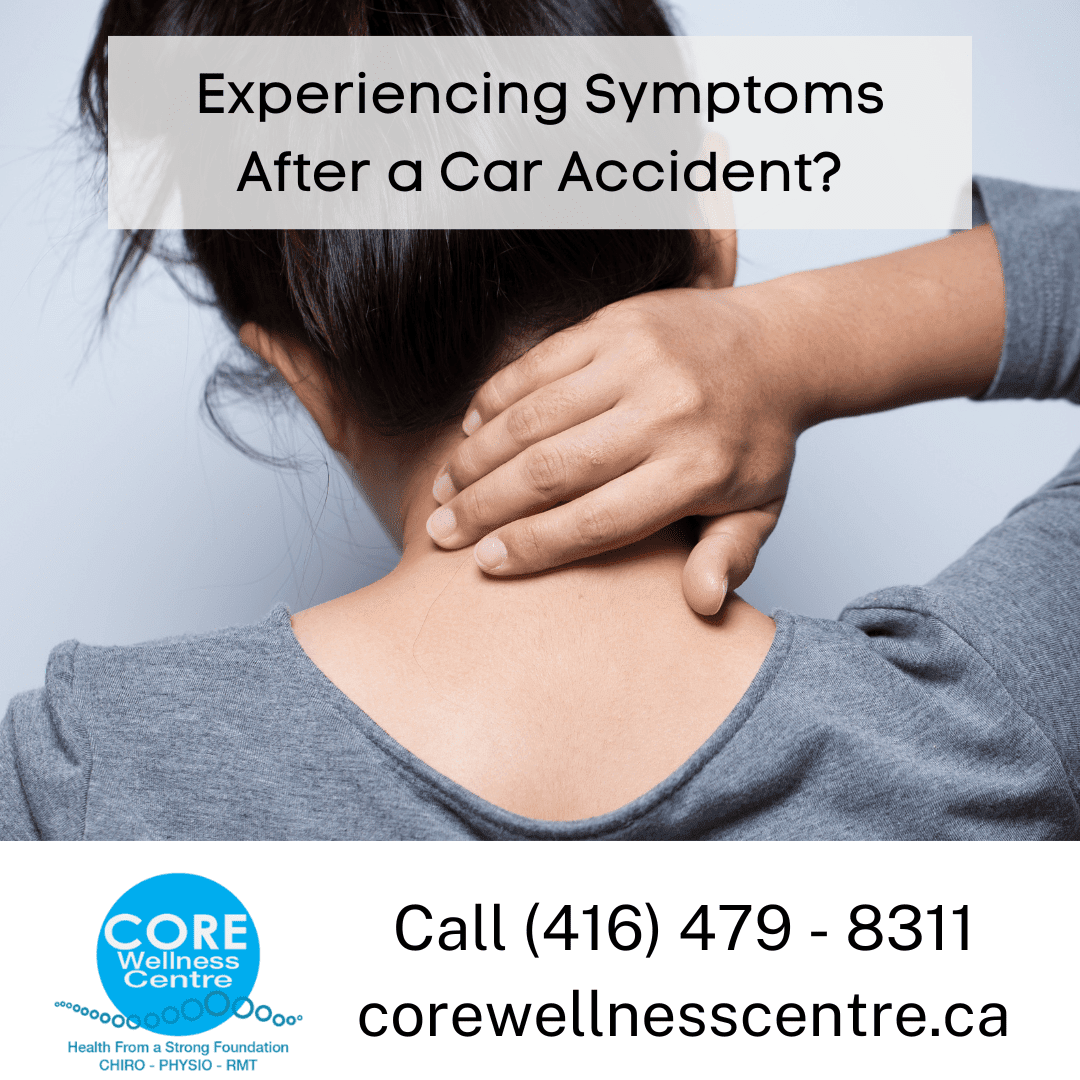
Stomach Pain After a Car Accident
Stomach problems such as GERD, acid reflux and reflux pain, indigestion and heartburn can be caused by the restriction of the seat belt as the body gets thrown around by the accident, emotional stress and trauma from the accident or injury to internal soft tissues, nerves or muscles.
If you’re feeling gassy after a car accident, it could be a sign of underlying digestive issues exacerbated by the trauma.
- Gas after a car accident is common, often due to stress-induced digestion changes or dietary disruptions
- Upper stomach pain post-accident could indicate internal injuries, requiring immediate medical attention to rule out severe complications
- Whiplash chest pain arises from chest muscle and ligament strain during a collision, often worsening with movement
- Stomach hurting after a car accident may result from impact-related injuries, stress-induced digestive issues, or exacerbated underlying medical conditions
- Stomach pain can have various causes like trauma, internal bleeding, or stress-induced gastrointestinal symptoms post-accident, needing prompt medical assessment
- Upset stomach post-accident may result from stress, dietary changes, or physical injuries affecting the gastrointestinal system.
Internal injuries, such as internal bleeding or organ damage, may not show immediate symptoms but can be life-threatening if left untreated
Watch for signs like abdominal pain, swelling or bruising,
and seek medical attention promptly
Throat pain after a car accident could result from whiplash injuries or airbag deployment, highlighting the importance of thorough examination for potential soft tissue damage.
Chest pain persisting two weeks after a car accident warrants medical assessment to rule out musculoskeletal injuries, cardiac issues, or complications from trauma.
Lower abdomen pain after a car accident may indicate pelvic or abdominal injuries, necessitating imaging studies and clinical evaluation for accurate diagnosis and treatment.
Whiplash can also result from falling backwards, causing similar symptoms to those experienced in a car accident. It’s essential to seek medical attention promptly if you suspect you may have whiplash, as early intervention can lead to better outcomes.
Reflecting on your feelings after a car accident is crucial for processing the emotional toll of the experience and seeking support to navigate through any lingering distress or trauma.
Delayed Whiplash Symptoms After a Car Accident
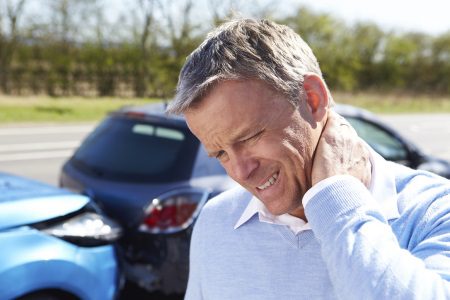
Delayed whiplash symptoms are very common after a car accident. Symptoms can include neck pain, headaches, dizziness, blurred vision, and ringing in the ears.
Some injuries may not show up immediately after the accident but become apparent in the hours or even days after the crash. It’s essential to monitor for any delayed onset of symptoms and seek evaluation if new issues arise.
For delayed symptoms after car accident, even if you are not feeling pain, it is highly recommended that you visit a specialist.
Delayed vertigo after a car accident may indicate underlying vestibular system dysfunction, requiring medical evaluation to address balance and spatial orientation issues.
At Core Wellness Centre, our multi-discipline clinic of chiropractic care, physiotherapy, RMT and osteopathy can help relieve these symptoms and prevent them from getting worse. We offer comprehensive services and exercise programs to get you back in great health faster.
If you’re unsure whether you’re experiencing symptoms of whiplash after a car accident or fall, it’s always best to consult with us for an accurate diagnosis and personalized treatment plan.
Car Insurance Accident Costs and Assistance
With car accident injuries, the car insurance company covers treatment costs. You do not need a family doctor’s recommendation or a referral to see a chiropractor or physiotherapist for a car accident injury.
With extended health insurance, at Core Wellness Centre in Toronto, we facilitate your claims for you including online billing and direct billing and we do the work on your behalf!
Chiropractic care offers natural healing relief without drugs or surgery so that your pain is eliminated and future problems are avoided.
Dr. Kris, DC, CACCP is professionally trained to evaluate and treat soft tissue injuries and to look for the causes of potential pain that are caused by motor vehicle accidents.

Why Choose Core Wellness Centre for Symptoms After a Car Accident
If you are experiencing symptoms after a car accident, or have been involved in a crash in the past, contact us to schedule an initial consultation and exam.
At Core Wellness Centre, we provide fully personalized posture analysis, physiotherapy, cold laser therapy (LLLT), shockwave therapy, Spinal Decompression and Y Strap Adjustments, detailed reports, exams and X-rays (if required) along with gentle chiropractic treatments to reduce scar tissue build up and ease pain.
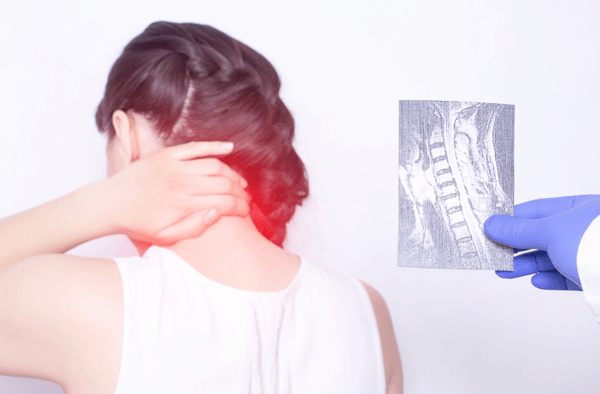
For symptoms after car accident, we’re here to help!
Schedule Your Appointment Today. Simply Call (416) 479 – 8311
Every year, millions of people are involved in minor “fender-benders” or serious auto accidents. Even a car travelling at speeds as low as 15 miles per hour can cause car accident symptoms, regardless if the occupants of the car wear a seat belt or not.
While victims of serious accidents go to a hospital right away, victims of minor accidents usually just walk away from the accident.
These people do not even realize that they have been injured until days or even weeks after the event when they start to feel symptoms such as neck pain, back pain, headaches or dizziness.

